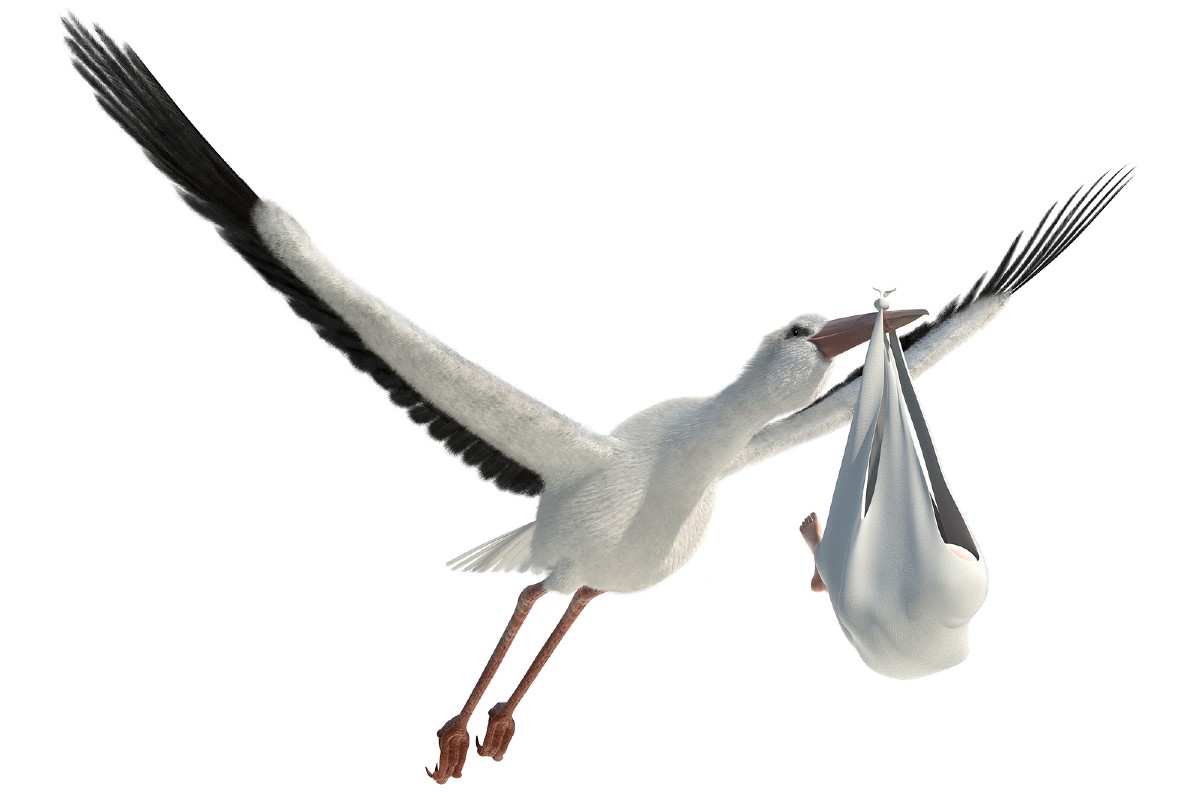
Spreading genes far and wide
There’s a very dark side to sperm donation
A feature in the New York Times this week shows a very dark side of contemporary sperm donation. It examines the case of Jonathan Jacob Meijer, a Dutch musician in his 30s, who may have fathered 200 children – so far. Through donations to IVF clinics in the Netherlands, he has about 100; through private arrangements, another 80.
Even the New York Times suggests that at least more regulation is needed:
As an industry, however, it is poorly regulated. A patchwork of laws ostensibly addresses who can donate, where and how often, in part to avoid introducing or amplifying genetic disabilities in a population. In Germany, a sperm-clinic donor may not produce more than 15 children; in the United Kingdom the cap is 10 families of unlimited children. In the Netherlands, Dutch law prohibits donating anonymously, and nonbinding guidelines limit clinic donors to 25 children and from donating at more than one clinic in the country. In the United States there are no legal limits, only guidelines from the American Society for Reproductive Medicine: 25 children per donor in a population of 800,000.
The dismal truth is that some males get a kick out of spreading their genes far and wide. A member of Donor Offspring Europe told the Times that some men travel around Europe trying to have as many children as possible.
“It’s kind of disgusting in a narcissistic way,” she said. “No sane person would want 100 children or more. The big question is why? These men want confirmation that they’re a great guy and everybody wants them.”
Mr Meijer, it seems, has been donating to a number of sperm banks outside the Netherlands as well. Ties van der Meer, the director of the Dutch Donor Child Foundation, told the Times that his offspring could number several hundred or even 1,000.
Mr Meijer says that this is “ridiculous” and invokes an ersatz, mystical, flower-power interpretation of love. “I am disappointed by the obsession of the numbers,” he says. “I became a donor not for any numbers but out of love to help parents with realizing their dream. I cannot understand how anyone can only focus on numbers and see my donor children as a number.”
- How long can you put off seeing the doctor because of lockdowns? - December 3, 2021
- House of Lords debates assisted suicide—again - October 28, 2021
- Spanish government tries to restrict conscientious objection - October 28, 2021
